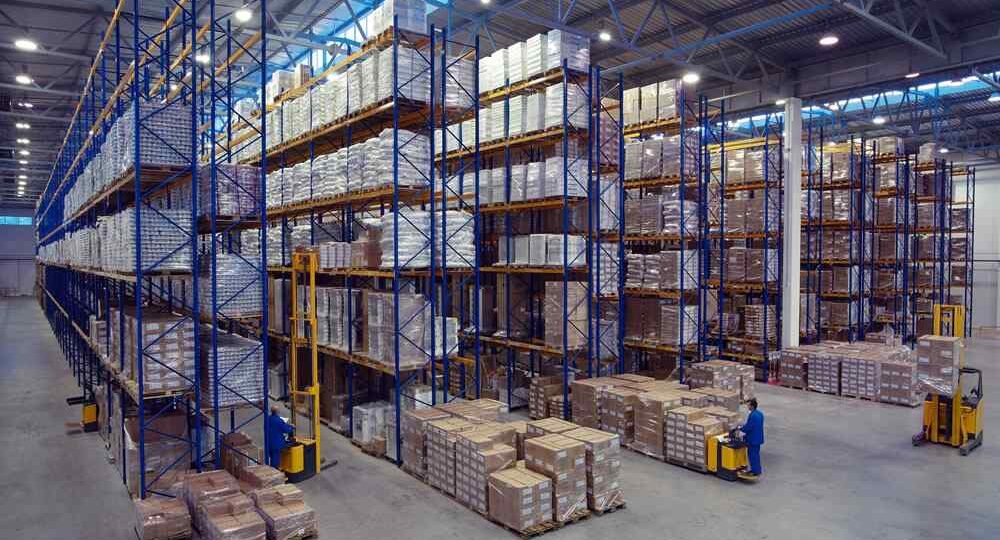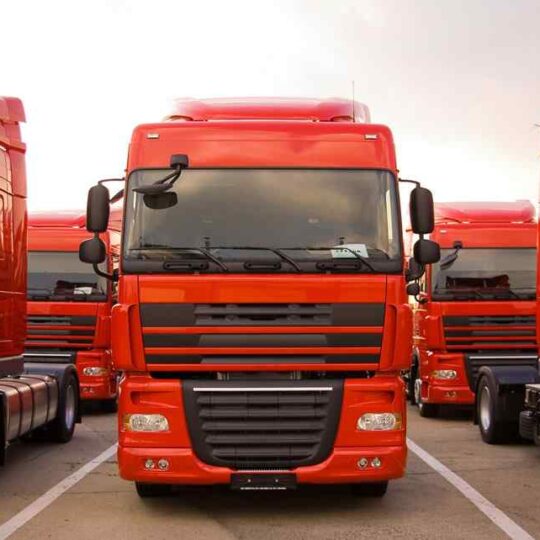In the world of logistics and transportation, choosing the right shipping method can make or break your business’s supply chain efficiency. Two of the most common freight shipping methods are Full Truckload (FTL) and Less-than-Truckload (LTL). But which one is the right fit for your business needs? Let’s break down the differences, advantages, and key considerations of each option.
What Is Full Truckload (FTL)?
FTL shipping means renting an entire truck dedicated to your cargo. The truck travels directly from the pickup point to the destination without making additional stops.
Key Features:
> Entire truck space reserved for one shipment.
> Ideal for large, bulky, or time-sensitive cargo.
> Direct route with minimal handling.
Advantages:
Faster Delivery: Direct transit means reduced delivery time.
Lower Risk of Damage: Minimal cargo handling ensures better protection.
Cost-Effective for Large Loads: Economical for businesses shipping large volumes.
When to Choose FTL:
> When filling an entire truck.
> When you require strict delivery timelines.
For fragile, high-value, or hazardous goods.
What Is Less-than-Truckload (LTL)?
LTL shipping involves sharing truck space with shipments from multiple businesses. Freight is consolidated and transported through a network of terminals.
Key Features:
Shipments share truck space with other businesses.
Best for smaller loads that don’t require a full truck.
Flexible, cost-effective shipping for moderate cargo volumes.
Advantages:
Lower Shipping Costs: Pay only for the space your cargo occupies.
Environmentally Friendly: Consolidated shipments reduce emissions.
Flexible Shipments: Ideal for smaller, frequent deliveries.
When to Choose LTL: For businesses with regular but smaller freight volumes. When shipping to multiple destinations.
FTL vs. LTL: Side-by-Side Comparison
| Factor | Full Truckload (FTL) | Less-than-Truckload (LTL) |
|---|---|---|
| Shipment Size | Large or bulk cargo | Smaller, partial shipments |
| Cost Structure | Fixed-rate for the entire truck | Pay per occupied space |
| Delivery Speed | Faster, direct route | Slower, with multiple stops |
| Handling & Security | Minimal cargo handling | More handling, increased risk |
| Best For | Large, time-sensitive loads | Smaller, frequent shipments |
Which Option Is Right for You?
Choose FTL if you regularly ship large volumes, have tight delivery deadlines, or need maximum cargo protection. Choose LTL if you ship smaller loads, prioritize cost savings, or manage shipments to various destinations.
Final Thoughts
Selecting the right shipping method is critical to optimizing your supply chain. At Transworld Group, we offer tailored FTL and LTL logistics solutions designed to meet your unique business needs. Contact us today to find the most efficient and cost-effective way to move your cargo!














